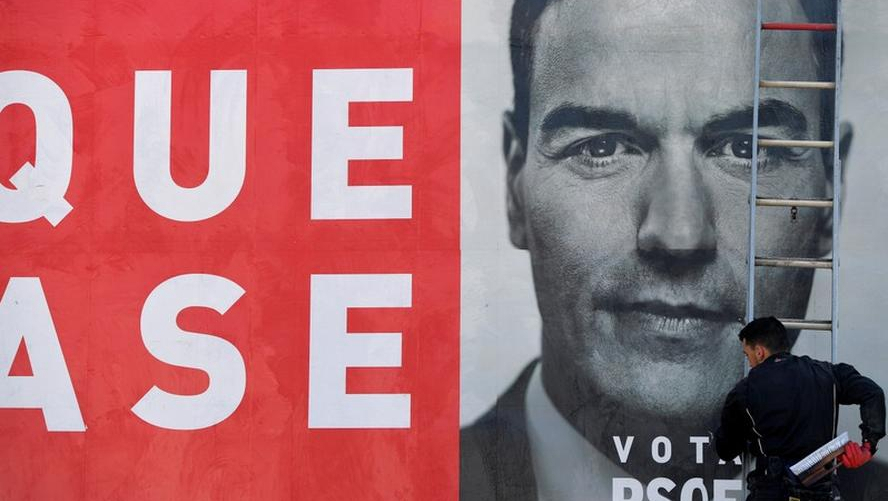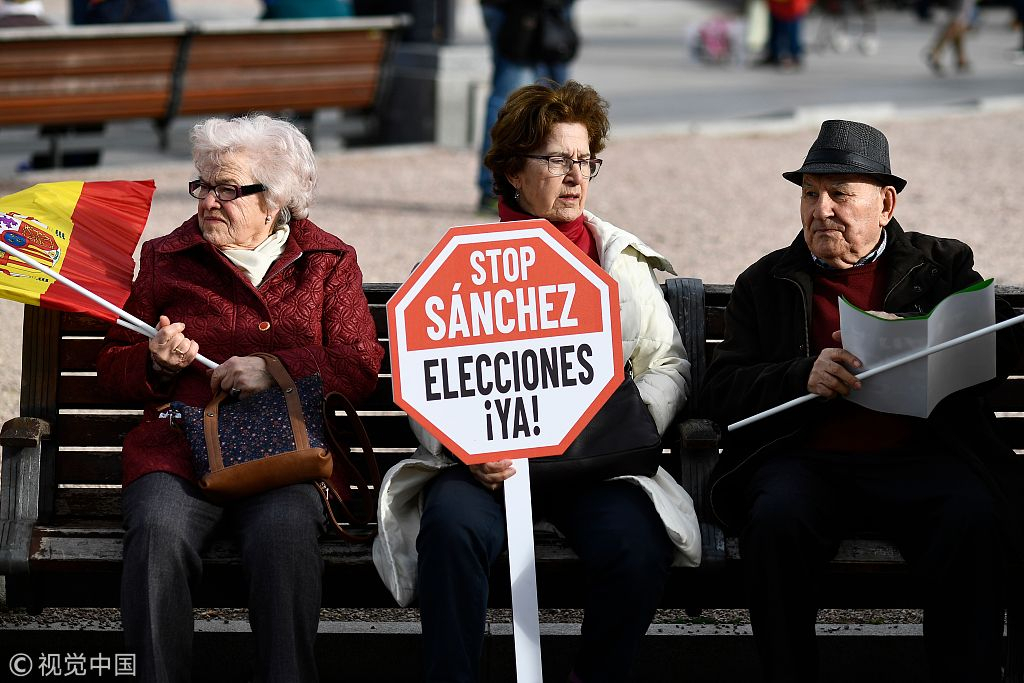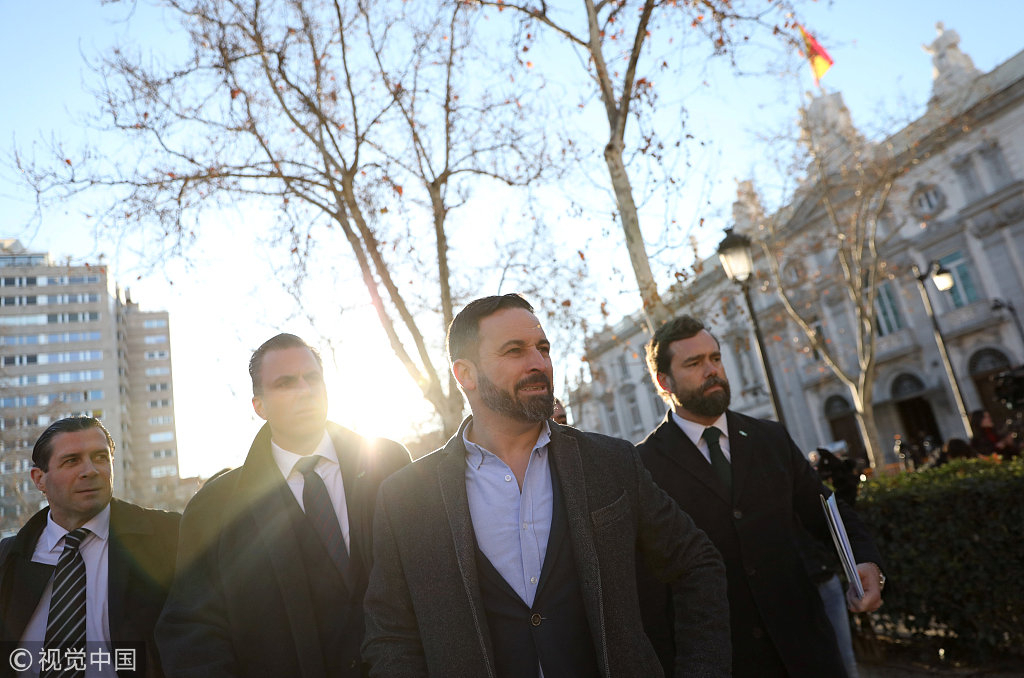
Opinion
17:09, 30-Apr-2019
Spanish elections are not heading toward political stability
Nuño Rodriguez

Editor's note: Nuño Rodriguez is a political scientist and analyst. The article reflects the author's opinion, and not necessarily the views of CGTN.
The Spanish Socialist Party (PSOE) is set to remain in power after winning the most seats in Congress in the general election on April 29.
This party led by Pedro Sanchez has been governing Spain for over 10 months, having risen to power after winning a motion of censure against Spanish former prime minister Mariano Rajoy of the Popular Party (PP), due to corruption cases in which Rajoy's party was involved.
However, parliament and Senate elections in Spain have shown more uncertainties than certainties. The distribution of seats in parliament has shown a huge division, with opposing political programs from each other. The need Sanchez had to get support from so many different forces saw gave his government the name "Frankenstein government."

Right-wing protesters hold a sign calling for elections and reading "Stop Sanchez" during a demonstration in Madrid, Spain, February 10, 2019. /VCG Photo
Right-wing protesters hold a sign calling for elections and reading "Stop Sanchez" during a demonstration in Madrid, Spain, February 10, 2019. /VCG Photo
The situation for Sanchez's PSOE after the elections has not changed. Having managed to increase the number of seats has not been translated into the possibility of governing alone. Sanchez needs to mount a political support puzzle with dissimilar and antagonistic parliament forces. This is a very complicated task, more so as Sanchez had already committed to not dealing with peripheral nationalist forces again, while his voters and party militants will not allow him to deal with right-wing forces.
The second most voted political force had been the PP, this time led by Pablo Casado, after Mariano Rajoy left. Being the main opposition force, PP suffered an unprecedented electoral failure, losing almost half of the seats they had in Parliament. The third most voted force has been Citizens Party (Cs), party led by Albert Rivera. This right-wing party was one of the three forces that clearly fought against the Sanchez government. Both forces, PSOE and Cs, have very different proposals on the economy, but not so much on social policies; for that reason there are voices supporting a government agreement between Sanchez and Rivera.
Since Sanchez's winning of the motion of censure right-wing vote was diluted between three parties; Citizens, Vox and PP, this dilution under Spanish electoral law has been translated in having less seats, but having more votes cumulatively. The fourth political force has been United Podemos (UP), a radical left-wing party that had been a fundamental support for Sanchez government, but this time UP will have a less important role, due to its parliament seats fall. Once again Sanchez is going to need to govern Spain with peripheral nationalist parties. Those parties reject being part of Spain and seek secession.

Spain's far-right Vox party leader Santiago Abascal arrives at the Supreme Court in Madrid, Spain, February 12, 2019. /VCG Photo
Spain's far-right Vox party leader Santiago Abascal arrives at the Supreme Court in Madrid, Spain, February 12, 2019. /VCG Photo
The elections have left a very complex political scenario for Spain. Government agreements that may come out will be contrary to the will of the majority of voters; All the political forces will have to give in on their program key points. If there is no agreement between majority forces, like PSOE and Cs, peripheral nationalist parties can provoke a blockade situation that may lead to new elections.
With local, regional and European elections taking place in few weeks, no one party will want to sign commitments that may affect voting results. For that reason at this time in Spain, there is no government. This political paralysis arising from the elections will provoke a negotiation standby at national and international level.
Spain has passed from a bipartisan system to a multiparty system, and past monochrome governments have to mutate into government agreements in coalition with diverse political forces. Whatever it will be done, there is a need for red lines on Spanish big picture policies, beyond those of party pictures.
(Cover: A worker places an electoral poster of Spain's Socialist leader and current Prime Minister Pedro Sanchez in La Fresneda, Spain, April 12, 2019. /Reuters Photo)
(If you want to contribute and have specific expertise, please contact us at opinions@cgtn.com.)

SITEMAP
Copyright © 2018 CGTN. Beijing ICP prepared NO.16065310-3
Copyright © 2018 CGTN. Beijing ICP prepared NO.16065310-3